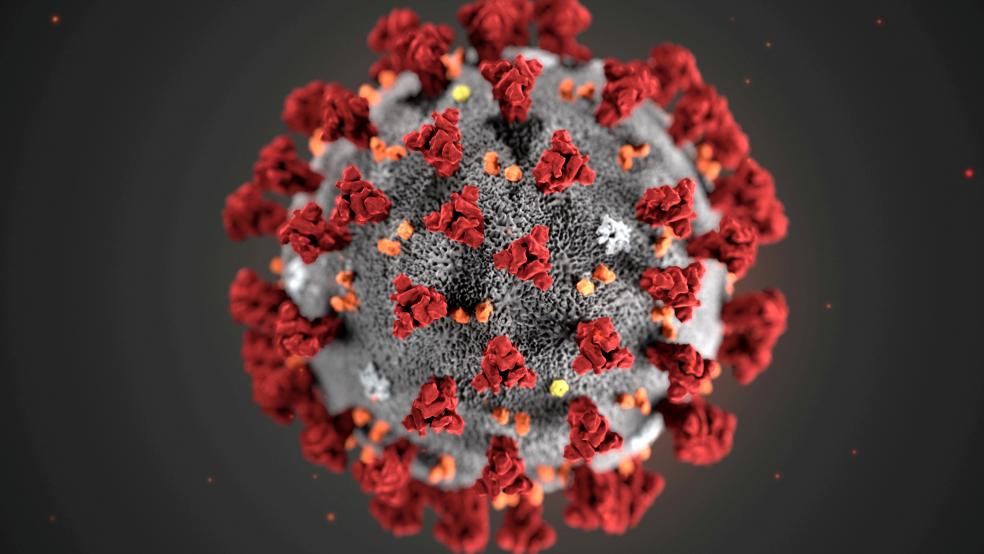The Covid-19 pandemic is raging across the United States, and the numbers are simply staggering:
- New cases have topped 100,000 a day for seven straight days as of Tuesday, with an average of 119,000 new infections a day over that time. We hit another record high of 136,325 new coronavirus infections yesterday, according to data from Johns Hopkins University.
- More than 1,400 deaths were reported on Tuesday, reportedly the highest total since August.
- The U.S. had more than 1 million new cases over the first 10 days of November, with infections rising at an accelerating pace.
- The 15 days with the highest number of new cases have all taken place over the past 18 days, Axios notes.
- Hospitalizations, up about 30% since the beginning of the month, have reached a new high of 61,964, according to the Covid Tracking Project, surpassing levels seen in April and July.
- In all, about 10.3 million Americans have tested positive for the virus and more than 240,000 have died.
Texas has become the first state to surpass 1 million confirmed cases. And CNBC reports on the grim picture across a number of other states: “Ohio has had an ‘unprecedented spike’ in Covid-19 hospital admissions. ICU beds in Tulsa, Oklahoma, are full. North Dakota’s hospitals don’t have enough doctors and nurses. And hospital administrators in Iowa are warning that they are approaching their limits.”
But the surge this time isn’t limited to any one region. All but eight states are in the “red zone” for Covid-19 cases, meaning they had more than 100 new cases per 100,000 residents over the prior week, according to a White House coronavirus task force report issued Tuesday and described by the Center for Public Integrity.
Public health experts warn that the situation is likely to grow much worse over the coming months, with the holidays posing the threat of super-spreading events across the country and hospitals in many places ill-equipped to handle the rising number of cases even as medical treatment of cases has improved substantially. Experts are again worried about the strain on hospital capacity, and burnout among health-care professionals. "We have legitimate reason to be very, very concerned about our health system at a national level," Lauren Sauer, an assistant professor of emergency medicine at Johns Hopkins University who studies hospital surge capacity, told NPR.
That all portends a very dark winter ahead. “What America has to understand is that we are about to enter Covid hell,” Dr. Michael Osterholm, director of the Center of Infectious Disease Research and Policy at the University of Minnesota and a member of President-elect Joe Biden’s new coronavirus advisory board, told CNBC on Monday. “You’re going to see not just case numbers going up, the number of people hospitalized going up, but you’re going to see the case fatality rates also increase substantially. The next three to four months are going to be, by far, the darkest of the pandemic.”
That outlook is made all the more troubling by the prospect that President Trump could be focused on contesting the election results or, if he accepts his loss, may nevertheless be even less interested than before in addressing the pandemic and enacting measures to control it.
Trump’s efforts to impede the transition to a Biden administration could also be costly, as Andy Card and John Podesta, who served as White House chiefs of staff under Presidents George W. Bush and Bill Clinton, respectively, warn in The Washington Post. “With the covid-19 pandemic continuing to wreak havoc, the costs of a delay are much higher today than almost any time in U.S. history,” they write. “Specifically, a delayed transition and the absence of cooperation between the outgoing and incoming administrations could hinder economic recovery, slow the distribution of a vaccine and, God forbid, put American lives at risk.”
What we need to do: “This is not a question of lockdowns vs no lockdowns,” Dr. Scott Gottlieb, former commissioner of the Food and Drug Administration, said Wednesday. “The question is how do we take targeted measures, get broader compliance to prudent steps like masks, distancing, avoiding large gatherings; to reduce, slow spread so that the healthcare system doesn't risk getting overwhelmed.”





